Product pictures
| Amount Per 0.333 cup, pkgd, 22 g | |||
| Calories | 80 Kcal (335 kJ) | ||
| Calories from fat | 0 Kcal | ||
| % Daily Value* | |||
| Total Fat | 0g | 0% | |
|---|---|---|---|
| Sodium | 440mg | 18% | |
| Potassium | 280mg | 6% | |
| Total Carbs | 17g | 6% | |
| Dietary Fiber | 1g | 4% | |
| Protein | 2g | 4% | |
* Percent Daily Values are based on a 2000 calorie diet. Your daily values may be higher or lower depending on your calorie needs.
Find out how many calories should you eat.
Ingredients And Nutrition Overview
Best
choice Good
choice Poor
choice Avoid
it!
choice Good
choice Poor
choice Avoid
it!
-
WeightWatchers Points: 1.4, PointsPlus: 2, SmartPoints: 2
WeightWatchers Points are estimated by carbohydrates, fats, protein and fiber in product. They are not an affirmation of better quality or nutritional value of the product or its manufacturer. Only way to count for dieters. Less points are better.
Read more at Weight watchers diet review -
Salty! Has over 18% of the daily sodium max
The average American consumes 5,000 mg of sodium daily — twice the recommended amount amount of 2400mg for healthy adults, this is 1 teaspoon of salt.
For medical reasons many people should not exceed 1500mg of sodium.
Surprisingly, you're responsible for only 15% of the sodium in your diet the bigger part - 75% of the sodium that you consume each day comes from processed foods, not home cooking or the salt shaker.
Excess sodium intake increases the risk of high blood pressure, hypernatremia, hypertension, cardiovascular disease and other heart problems.
Are these reasons enough to cut the sodium intake? No doubt! -
Convert Salt tsps to Sodium mg easily
Salt (NaCl) is not excactly sodium (Na).
It is not right to use these terms as synonyms.
The FDA recommended limit of sodium is 2,300 mg per day (or even less - about 1500 mg while one is on low sodium diets).
This is much less than the weight of salt.
(5,750 mg per day or 3,750 mg for low sodium diet) and not so convenient to calculate.
Know how much sodium is in your salt - without a calculator:
1/4 tsp salt = 600 mg sodium
1/2 tsp salt = 1200 mg sodium
3/4 tsp salt = 1800 mg sodium
1 tsp salt = 2300 mg sodium -
Not a really good source of calcium!
Cheese is a generally a good source of calcium (more than 10% daily value per serving) - but not this.
If you are looking for calcium - swap for something with higher calcium content.
By the way, you don't need high fat or calories to get high calcium.
Many "lite" versions of cheese provide 30% of daily calcium needs.
Choose cheeses that are a naturally good source of calcium.
If you're worried about fat and calories, pre-sliced cheese, cheese sticks or cheese squares
are a great way to make sure your portion is the right size.
The FDA defines a serving of cheese as 1 ounce (30 grams). -
Contains MSG!
Monosodium Glutamate is used as a flavor enhancer with an umami taste that intensifies the meaty, savory flavor of food.
Naturally occurring glutamate does it in foods such as stews and meat soups.
Despite the fact that MSG is one of the most extensively studied food ingredients and is generally recognized as safe (GRAS) by FDA.
Some people should steer away from it as they feel that react adversely to MSG.
MSG is generally found in processed, low-quality foods, stuff that you shouldn’t be eating much.
REMEMBER: Any food ingredient listed as hydrolyzed, protein-fortified, ultra-pasteurized, fermented or enzyme-modified is often MSG, or creates free glutamic acid during processing. -
Contains MSG-like ingredients
People feeling reaction to MSG may also react adversely to MSG-like substances.
Glutamates or chemically similar items are added to improve a product's taste.
Here is a short list of common MSG-like substances:
- Yeast extract
- Autolyzed yeast
- Hydrolyzed proteins
- Textured proteins
- Anything "enzyme modified"
-
Product contains sulfites
Sulfites (sulphites) are inorganic salts that are used as antioxidant of food preservative or enhancer.
They may appear on food labels in various forms, such as: sulfur dioxide, potassium bisulfite, potassium metabisulfite, sodium bisulfite, sodium metabisulfite or sodium sulfite
Although sulphites do not cause a true allergic reaction, people with sensitivity to sulfites may experience similar reactions as those with food allergies.
Those who have asthma are most at risk to sulphite sensitivity.
BTW sulfites are included in the ten priority food allergens in Canada.
Allergens
Milk Allergy, Lactose Allergy, Soy Allergy, Sulfites Allergy
Mashed potatoes 4 cheese Ingredients
Potatoes (Dried), Salt, Maltodextrin, Ricotta Cheese (Dried) (Whey, Milkfat, Lactic Acid, Salt), Sugar, Natural Flavor, Mono and Diglycerides, Parmesan Cheese (Dried), (Milk, Cheese Cultures, Salt, Enzymes), Whey, Monosodium Glutamate, Lactic Acid, Onion (Dried), Calcium Lactate, Silicon Dioxide (Anticaking Agent), Romano Cheese (Dried) (Made from Cow's Milk, Cheese Cultures, Salt, Enzymes), Cheddar Cheese (Dried) (Milk, Cheese Cultures, Salt, Enzymes), Natural and Artificial Flavor, Colored with Yellow 5 Lake and Yellow 6 Lake, Yeast Extract, Enzyme Modified Romano Cheese (Made from Cow's Milk, Cheese Cultures, Salt, Enzymes), Partially Hydrogenated Soybean Oil, Freshness Preserved by Sodium Add Pyrophosphate, Sodium Bisulfite, Tocopherols and Citric Acid.
You Might Also Like
% RDI of Main Nutrition Facts
4%
of RDI* (80 calories) 22 g
-
Cal: 4 %
-
Fat: 0 %
-
Carb: 5.7 %
-
Prot: 4 %
-
0%25%75%RDI norm*
Calories Breakdown
- Carbs (89.5%)
- Protein (10.5%)
Get Your Recipe of Health!
Follow RecipeOfHealth on Facebook!

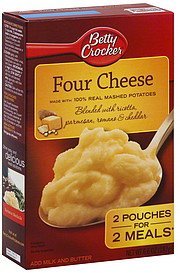
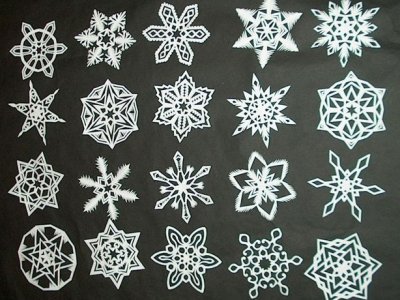
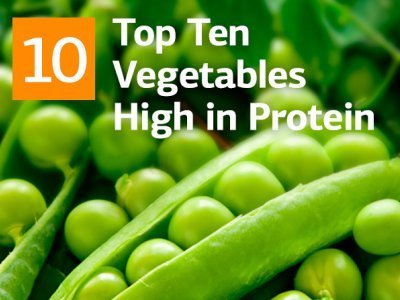

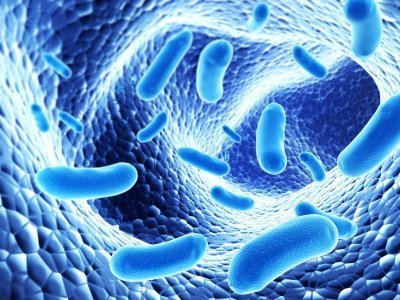




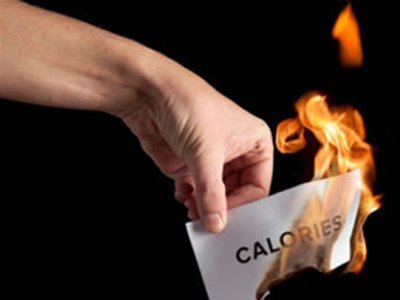
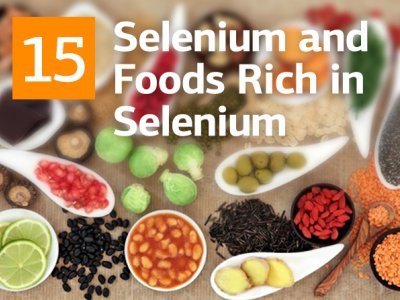
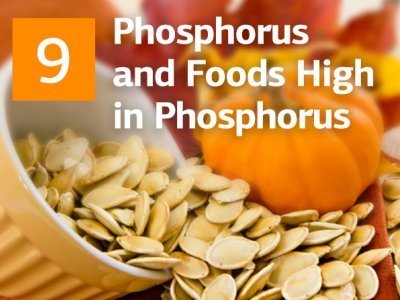
Add your comment